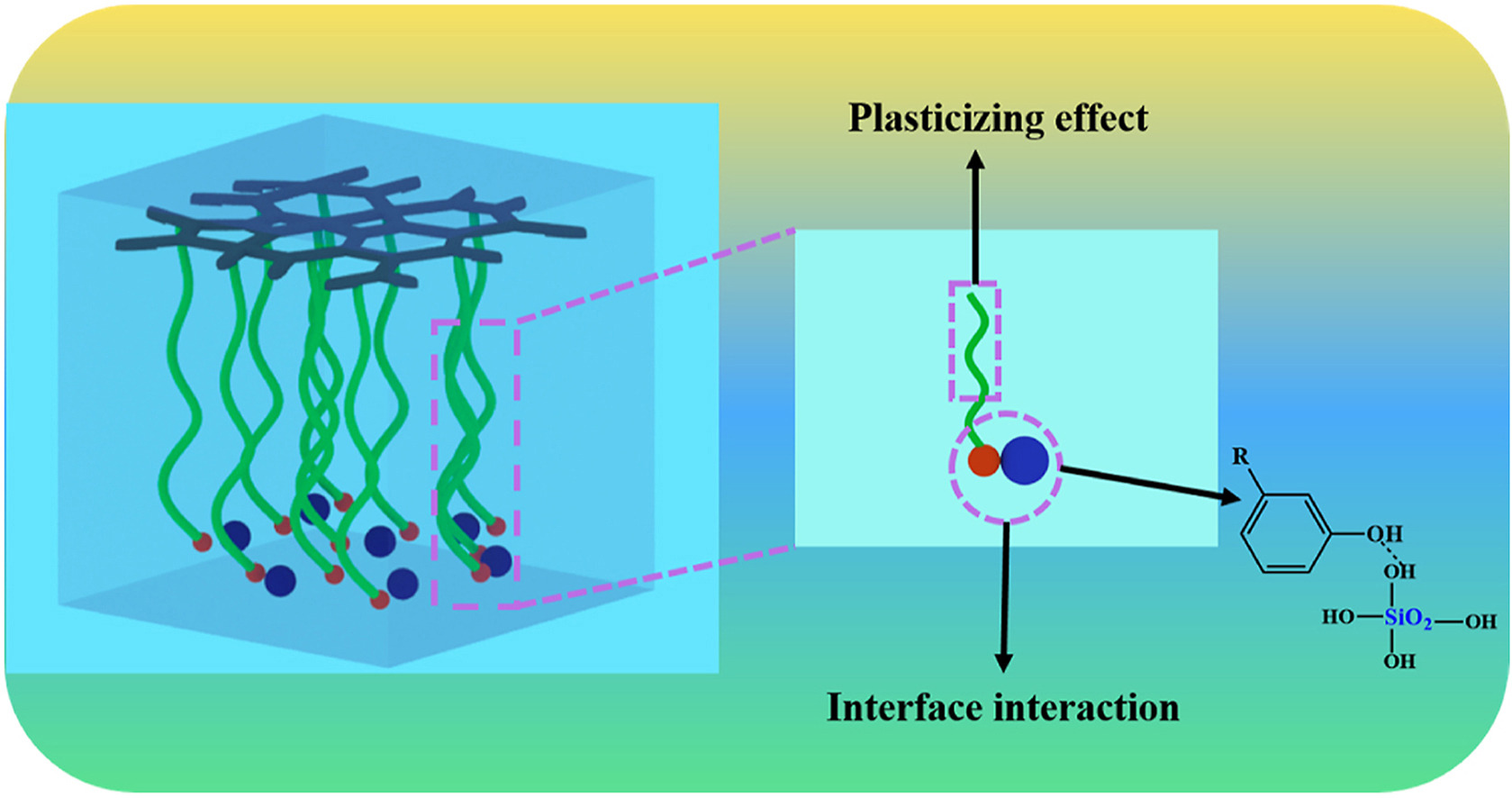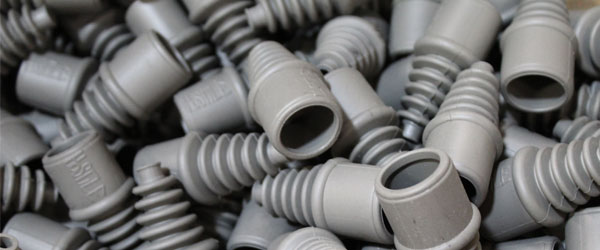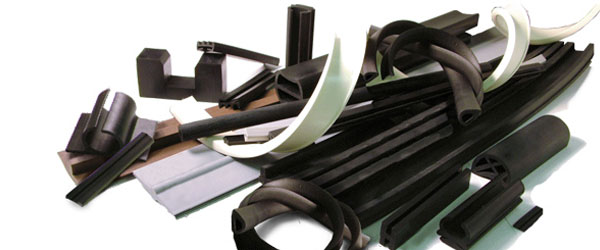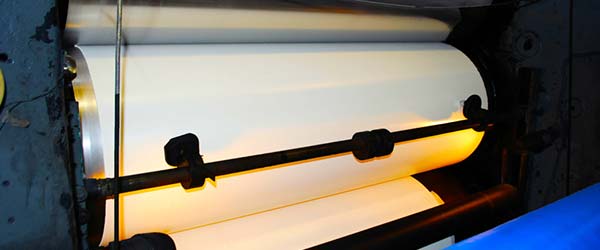Plasticization of rubber refers to the process of adding plasticizers to natural or synthetic rubber to make it more flexible and pliable. Plasticizers are chemicals that can soften and increase the elasticity of rubber by disrupting the intermolecular forces between polymer chains. This allows the rubber to be molded, shaped, and stretched more easily, making it more versatile and useful in a wide range of applications.
The plasticization process involves mixing the rubber with the plasticizer under specific conditions of temperature, pressure, and mixing time. The amount and type of plasticizer used can affect the physical and chemical properties of the rubber, such as its hardness, strength, and resistance to heat, chemicals, and abrasion. Plasticization can also affect the durability and lifespan of the rubber product, as well as its ability to withstand various environmental conditions.
 (909) 987-1774
(909) 987-1774 Email Us
Email Us







